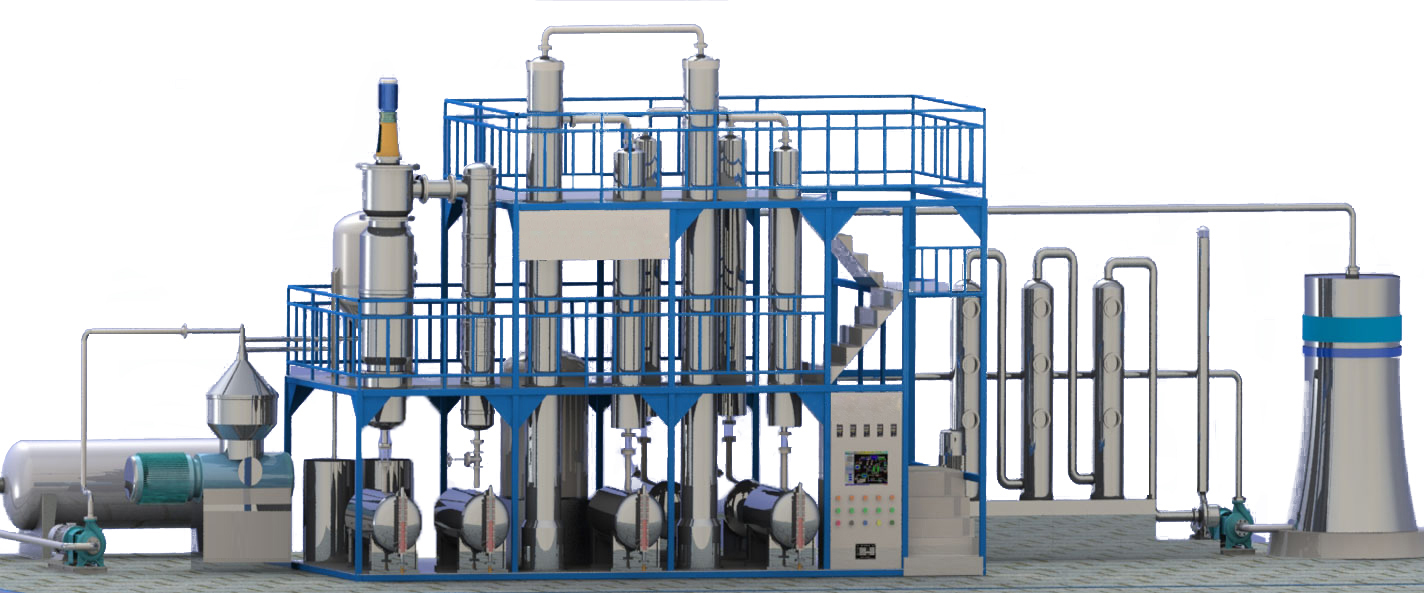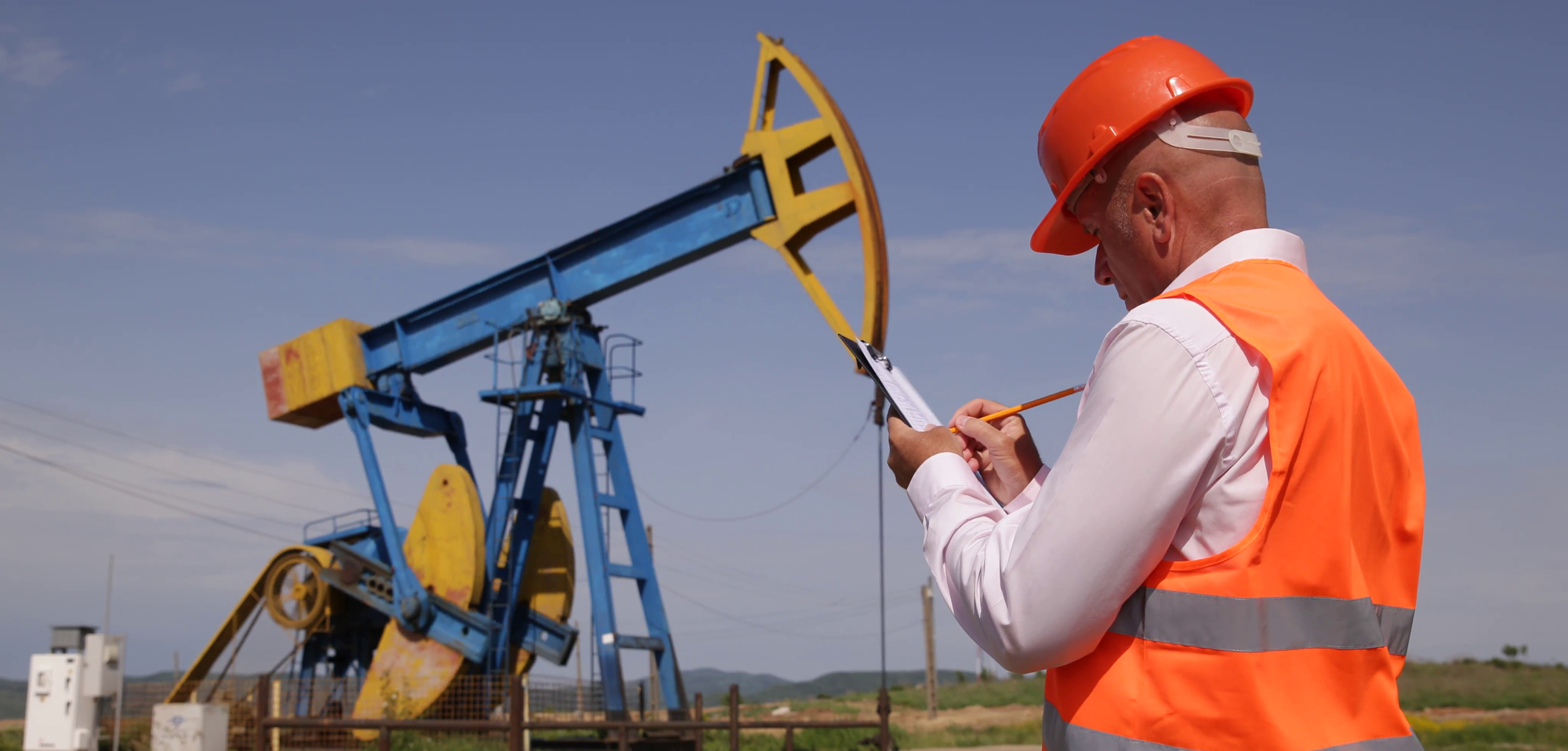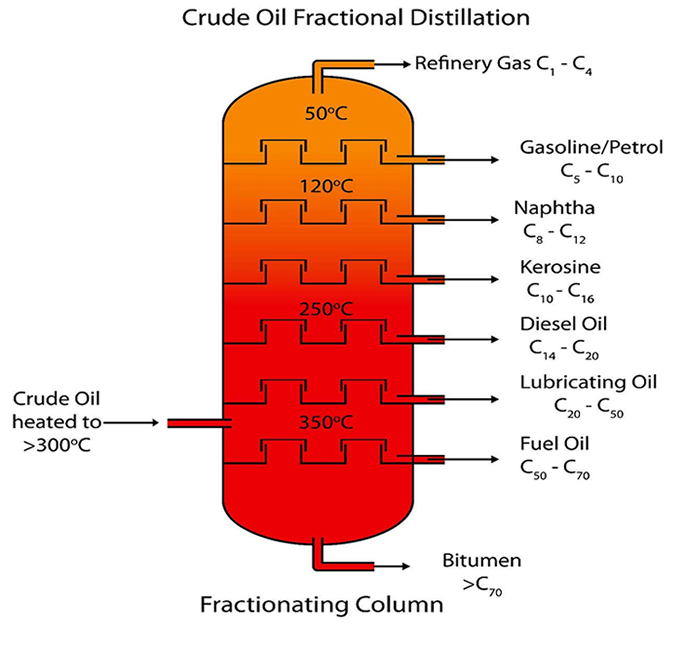
Among the several methods of waste oil treatment, there are two types that are more commonly used now.
One is the production of clean liquid fuels or road oils that remove heavy metals, and the other is the production of regenerative lubricants. Both types of treatment methods can meet environmental and economic requirements.

The recycling process itself also needs to pay attention to environmental pollution problems. Some regeneration unit processes are essentially free of environmental pollution, such as distillation and hydrogenation. Some regenerative unit processes will bring more or less environmental pollution, such as flocculated waste liquid, alkali washing and alkali washing waste water, and adsorbed and refined waste adsorbent. If discharged or discarded without treatment, it will also be environmentally friendly. Cause certain pollution. Some regenerative unit processes, such as sulfuric acid refining, have a greater impact on the environment, and the resulting acid slag, if discarded casually, will cause serious pollution to the environment, and the resulting sulfur dioxide gas is also harmful to living things.
In recent years, it has been starting from environmental protection and attaching importance to the waste lubricating oil recycling industry. Of course, it is not tolerable that waste oil regeneration will cause new pollution to the environment. Therefore, in recent years, some sulfuric acid refining devices have been discontinued, and a pollution-free regeneration process has been developed. Even if the refinery that still retains the sulfuric acid refinery is found, it has found a way to properly treat the acid residue so that it does not harm the environment.
The development of a new pollution-free recycling process to replace sulfuric acid refining, the most successful is to take the thin film evaporation under high vacuum and low temperature, steam the base oil fraction without any cracking, and then through the clay or hydrogenation refining, become Good quality recycled base oil.
Some large-scale waste oil refineries now use pollution-free processes. However, many large factories and many small and medium-sized factories are still using the sulfuric acid-white clay process and adopting an effective three-waste treatment method to make environmental protection acceptable. As for re-purification, since there is not much pollution problem, it can meet environmental protection requirements with a little attention.


